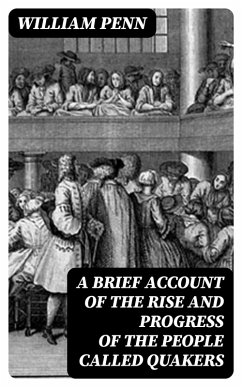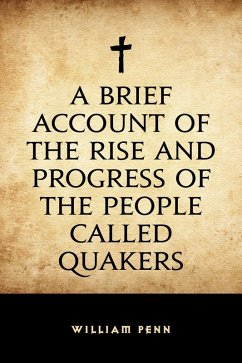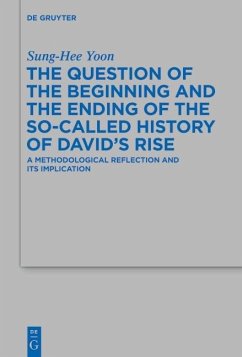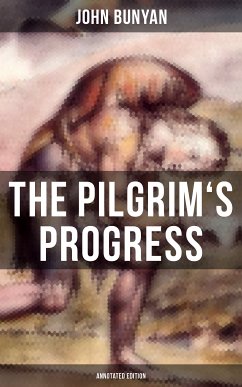
A Brief Account of the Rise and Progress of the People Called Quakers (eBook, ePUB)
Unveiling the Roots of Quakerism: A Historical Insight

PAYBACK Punkte
0 °P sammeln!
In "A Brief Account of the Rise and Progress of the People Called Quakers," William Penn provides an insightful chronicle of the origins and development of the Quaker movement. Written with clarity and conviction, the book employs a straightforward narrative style that reflects Penn'Äôs intent to explicate the spiritual and sociopolitical context of Quakerism amidst the tumultuous landscape of 17th-century England. Interwoven with personal anecdotes and theological reflections, this work not only serves as a historical account but also as a theological manifesto that highlights the principle...
In "A Brief Account of the Rise and Progress of the People Called Quakers," William Penn provides an insightful chronicle of the origins and development of the Quaker movement. Written with clarity and conviction, the book employs a straightforward narrative style that reflects Penn'Äôs intent to explicate the spiritual and sociopolitical context of Quakerism amidst the tumultuous landscape of 17th-century England. Interwoven with personal anecdotes and theological reflections, this work not only serves as a historical account but also as a theological manifesto that highlights the principles of peace, equality, and social justice that underpin Quaker belief. William Penn, a prominent Quaker leader, political theorist, and founder of Pennsylvania, was significantly influenced by his own experiences of persecution and religious dissent. His unique position afforded him access to the heart of the Quaker movement, enabling him to articulate its values and vision with both authority and intimacy. Penn'Äôs commitment to religious freedom and his deep understanding of the human spirit facilitated the profound exploration of Quaker practices and ideals that permeates this work. For readers interested in the intersections of spirituality, social change, and historical narrative, Penn's work is an invaluable resource. It is a compelling invitation to explore the essence of Quakerism and its enduring impact on modern thought, making it a vital piece for scholars, historians, and anyone seeking a deeper understanding of faith as a catalyst for social reform.
Dieser Download kann aus rechtlichen Gründen nur mit Rechnungsadresse in A, B, BG, CY, CZ, D, DK, EW, E, FIN, F, GR, H, IRL, I, LT, L, LR, M, NL, PL, P, R, S, SLO, SK ausgeliefert werden.













